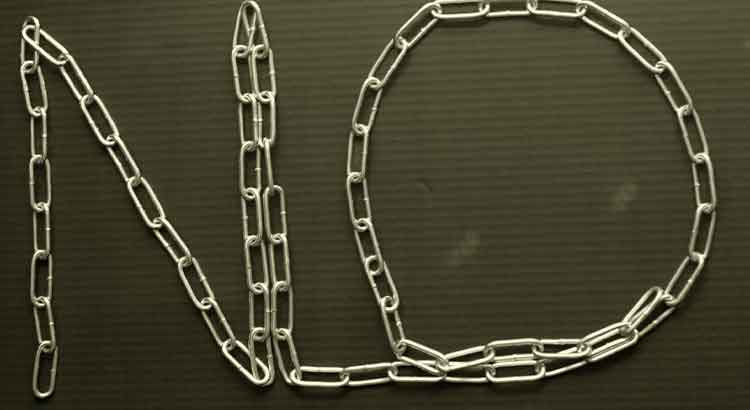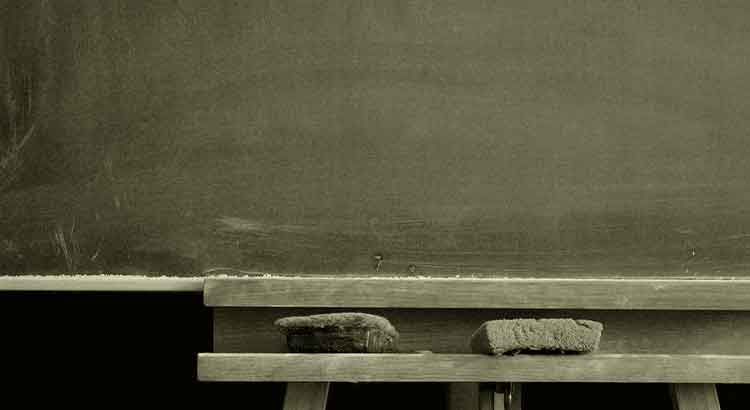When the bulk of routine drips, day after day, into practical matters, into banal activities that impose themselves on all the others, it is very difficult not to curse existence. The simplest solution: prevent the intellect from manifesting itself, silence the mind, never let it expand. Being late, what to do? seeking pleasure in practical life? getting a wife? children? Perhaps… Otherwise, it is to react against the imperative of necessity and, suffering the consequences of disdain for the convenient, find satisfaction in the voluntary act of revolt. There is nothing to curse… is there?
More Lessons…
First contact with the work of Paul Valéry. The style is striking, in verse and prose. Scouring his biography, I find the aggression: his Cahiers sums up to two hundred and fifty-seven volumes in which, day after day, for fifty-one years, Valéry built his monument of thirty thousand pages. Thirty thousand pages! Carpeaux’s words, “The lofty Paul Valéry is one of the most brilliant prose writers of the French language.” — “There are those who prefer Valéry’s prose to his poetry. There are those who consider Valéry a greater artist than poet. As a wit in prose and as an artist in verse, there is no one in this century who can compare to him.” Words that make us think…
Elements of Quality Humor
Here I am, as a professional joke writer, letting my essentially analytical spirit take me and dissecting the elements of quality humor. I think of Voltaire. The irony, if well applied, does not lead to laughter but delivers lasting satisfaction, sustainable over a long interval. In Voltaire’s case, the effects of irony come out as secondary to a philosophical posture that dictates the tone of his work. But let’s get back to the jokes: absurdity and exaggeration seem to me to be the fundamental elements of the best ones, and surprise as the essential result. Here, the laughter. Voltaire himself provides a good example: it is impossible not to remember the unforgettable Anabaptist Jacques, described as “bon“, “honnête” and “charitable” for several pages in Candide, whose appearance always tries to evoke good feelings and who, suddenly, when asking a sailor for help in the middle of a storm, is brutally thrown into the sea by the stranger. The exaggeration of the violence, the absurdity of the cruel, sudden, and unjustifiable act bring, of course, full laughter, but not for the mere exaggeration or absurdity, but for the naturalness with which both are presented. In this detail, it seems to me, lies the secret of the best humor: in the exposure of the grotesque as if it were vulgar.
The Appearance of Monotony Is Mixed With Visible Transformations
The exceptional thing about this world is that the appearance of monotony is mixed with visible and radical transformations. The impossibility of the absolute, while evident, is camouflaged by the false moroseness of time. Perception is always caught in a dilemma: unable to formulate reasonable projections, unable to accurately interpret reality, it still lacks judgment and chooses error. Everything in motion, everything susceptible to sudden and untimely blows: health just a step away from illness, lack from abundance, apathy from agitation. And the future, alien to logic, never ceasing to give way to contingency.



